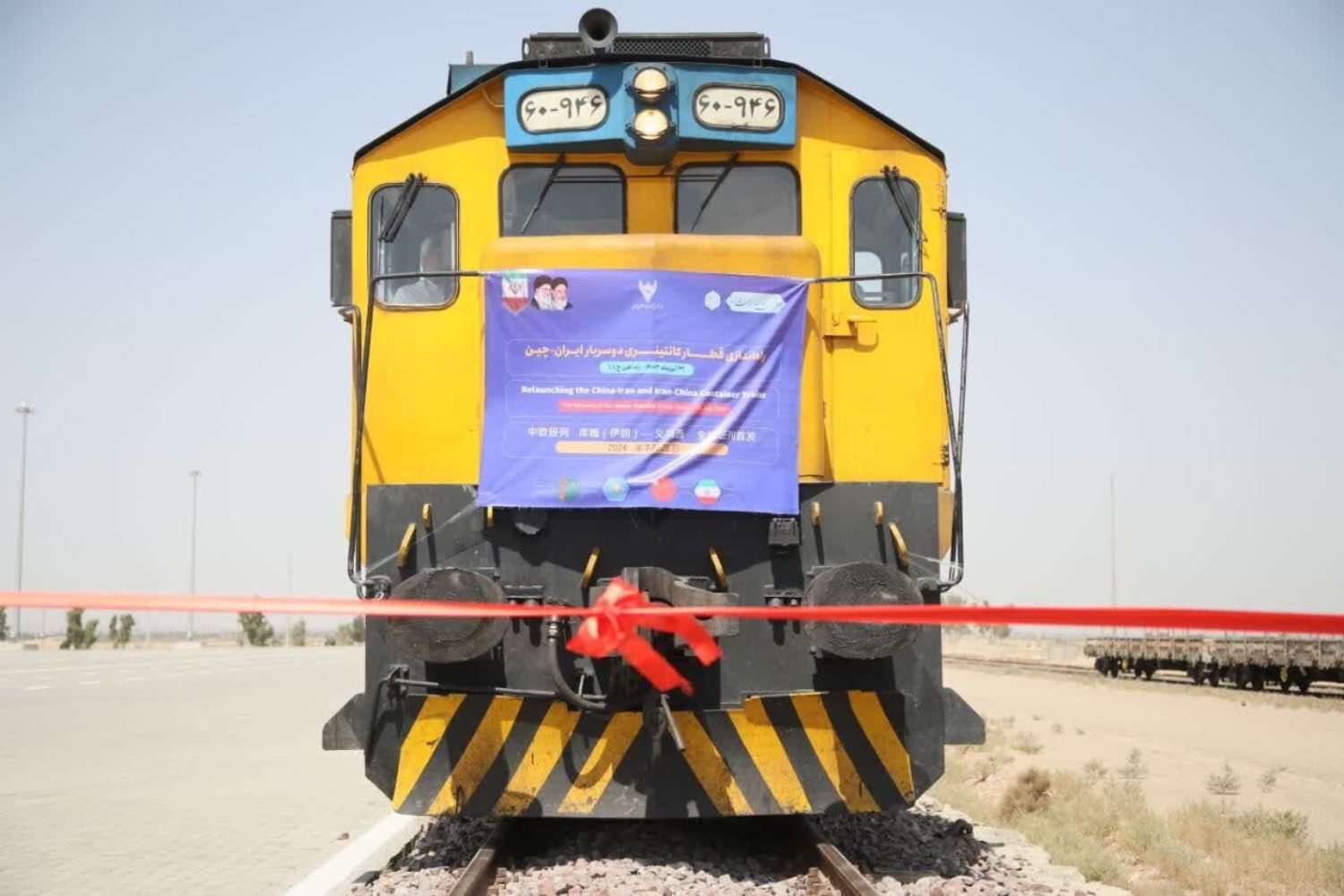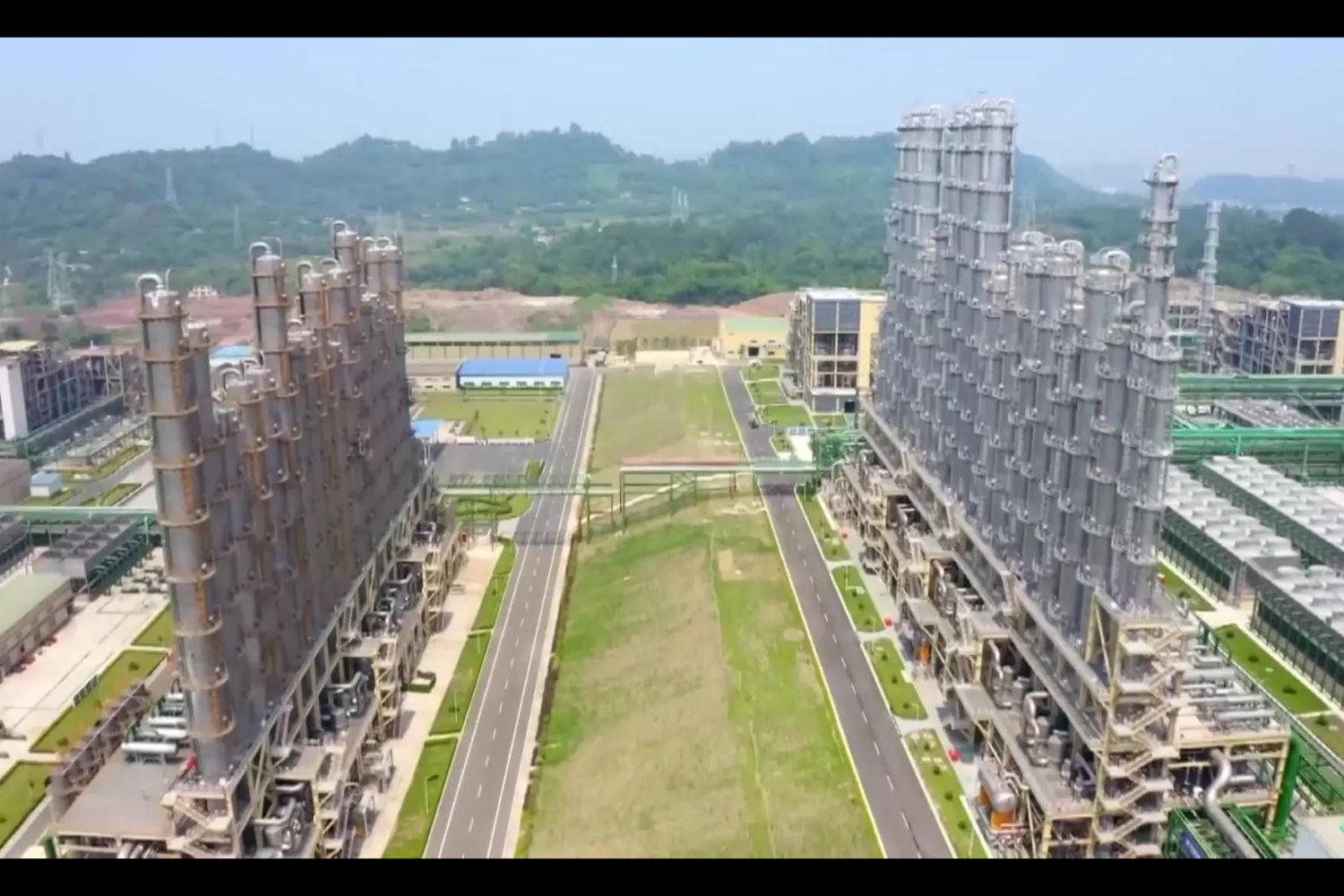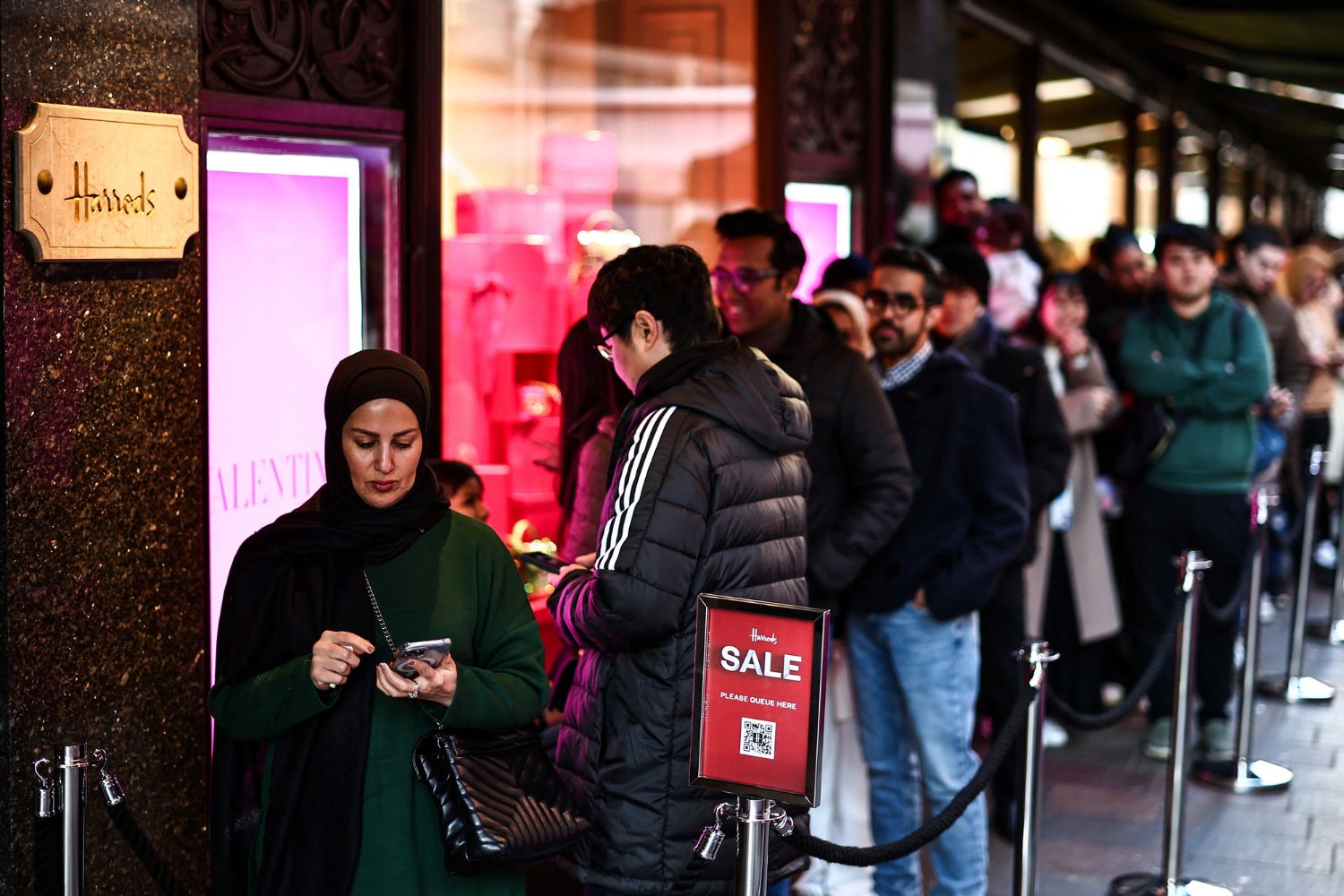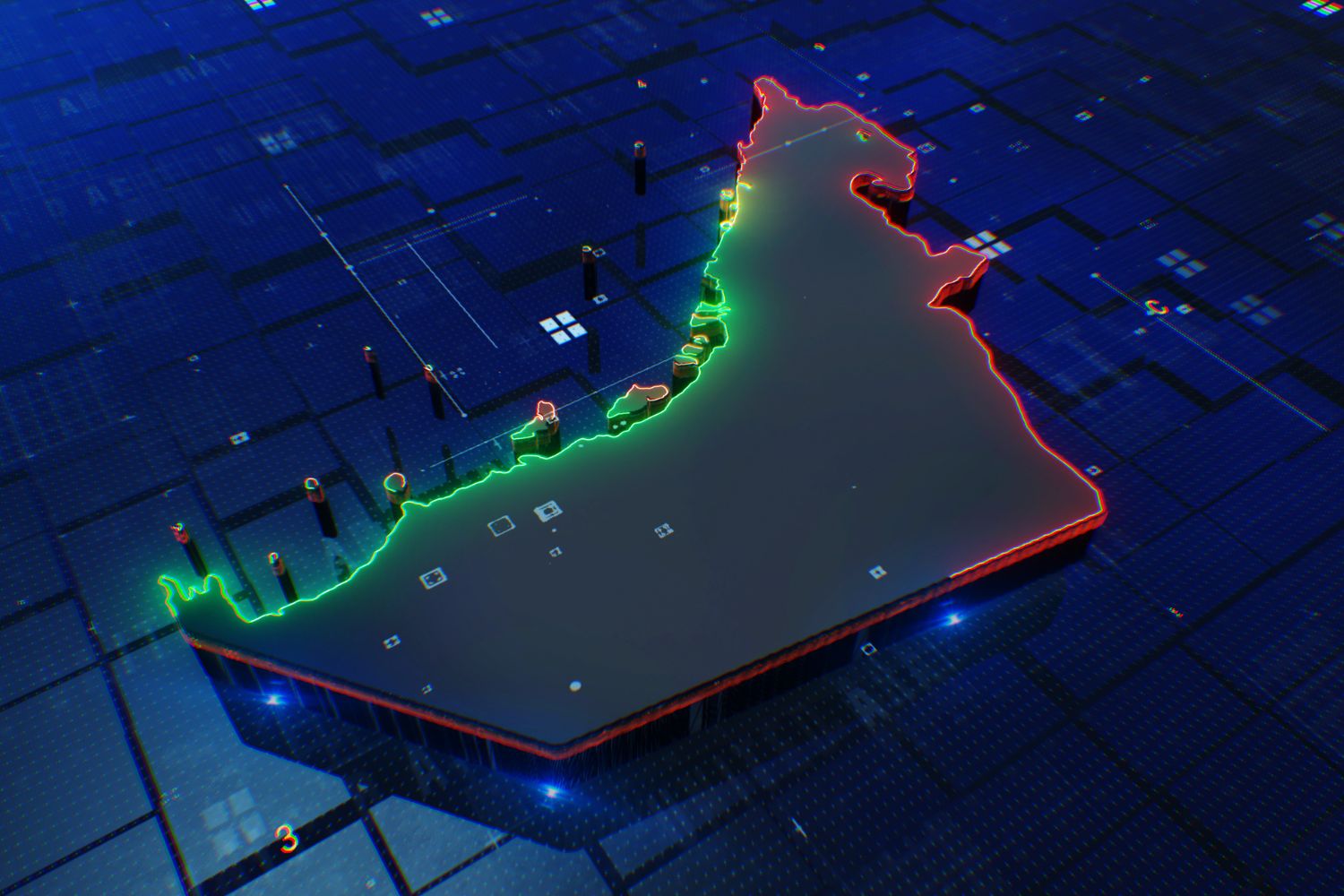In a recent development, Iran has disputed the Taliban’s claims of successfully reducing drug production in Afghanistan. Contrary to the Taliban’s assertions, Iranian authorities have reported a 20% increase in the production of industrial drugs, such as methamphetamine, over the past ten months. This increase contradicts the Taliban’s statements about curbing drug cultivation and production, a claim also questioned by the United Nations.
The Iranian Drug Control Headquarters highlighted the need for a comprehensive approach to combating drug production in Afghanistan. They emphasised that efforts should address all types of drugs, including industrial drugs like methamphetamine, rather than solely focusing on traditional drugs such as opium. The UN Office on Drugs and Crime has also noted a rise in the production and trafficking of methamphetamine in Afghanistan under Taliban rule.
Iranian officials have expressed scepticism regarding the Taliban’s capability to exert full control over Afghanistan. They pointed to the ongoing production and trafficking of various drugs, including industrial drugs like methamphetamine, as evidence of this challenge. The lack of effective alternatives to opium cultivation and the persistence of drug trafficking despite the Taliban’s measures have fuelled these concerns.
Iran’s challenge to the Taliban’s drug reduction claims is based on observed increases in industrial drug production and trafficking. This contradiction not only questions the Taliban’s assertions but also raises doubts about their overall control and effectiveness in managing the country’s drug issues.
Overview of Taliban Rule in Afghanistan
Since the Taliban regained control of Afghanistan in August 2021, the country has undergone significant changes in governance, social policies, and international relations. Here’s an in-depth look at various aspects of Taliban rule:
Governance and Political Landscape
– Leadership: The Taliban’s government, known as the Islamic Emirate of Afghanistan, is led by Hibatullah Akhundzada as the Supreme Leader. The administration is largely composed of long-time Taliban members and lacks significant representation from other political factions or ethnic groups.
– Sharia Law: The Taliban have re-imposed strict interpretations of Sharia law, impacting various aspects of daily life. This includes stringent dress codes, gender segregation in public spaces, and limitations on freedom of speech and media.
Social and Human Rights Issues
– Women’s Rights: The Taliban’s return to power has severely curtailed women’s rights. Women face restrictions on employment, education, and mobility. Girls above the age of 12 are often barred from attending school, and women are required to wear the hijab and are discouraged from appearing in public without a male guardian.
– Humanitarian Crisis: Afghanistan is facing a dire humanitarian crisis. The economy has collapsed, leading to widespread poverty, unemployment, and food insecurity. International sanctions and the freezing of Afghan assets have exacerbated the situation, limiting the Taliban’s ability to govern effectively.
Drug Production and Trafficking
– Poppy Cultivation: Afghanistan is a major producer of opium, and despite Taliban promises to curb this, reports indicate that poppy cultivation remains widespread. The drug trade continues to be a significant source of income for many Afghans, particularly in rural areas.
– Industrial Drugs: There has been a noted increase in the production of synthetic drugs, such as methamphetamine. Iranian authorities have reported a 20% increase in the production of such drugs, challenging the Taliban’s claims of successful drug eradication efforts.
International Relations and Diplomacy
– Recognition and Sanctions: The Taliban government has not been officially recognised by any country, and it remains subject to international sanctions. The lack of recognition and sanctions have limited the Taliban’s access to international aid and financial systems.
– Regional Dynamics: The Taliban’s rule has affected Afghanistan’s relations with neighbouring countries. Iran, for example, has expressed concerns over increased drug trafficking and the treatment of the Hazara Shia minority. Pakistan, while historically an ally of the Taliban, faces challenges with cross-border militancy.
Security and Stability
The Taliban faces opposition from various groups, including the National Resistance Front and ISIS-K (Islamic State Khorasan Province), which challenge its control and contribute to ongoing violence and instability. The Taliban’s ability to govern effectively is hindered by internal divisions, lack of experience in administration, and the ongoing economic crisis. These challenges are compounded by the international isolation and sanctions regime.
The Taliban’s rule in Afghanistan is marked by a return to strict Islamist policies, significant human rights concerns, and a challenging economic and humanitarian landscape. While the group asserts control over the country, it faces substantial internal and external challenges that complicate its governance and ability to gain international legitimacy. The increase in drug production, including industrial drugs like methamphetamine, further complicates the situation, highlighting ongoing issues with governance and law enforcement.
ALSO READ: Iran hangs nine convicted drug traffickers: state media














🤔 Iran challenges Taliban’s claims on drug control, reporting a 20% rise in meth production. 🚨 International scrutiny grows as the Taliban’s effectiveness is questioned. #DrugWar #Afghanistan 🧐